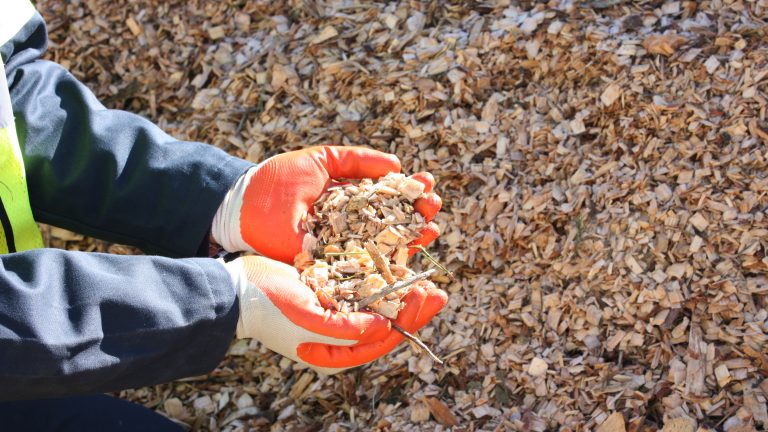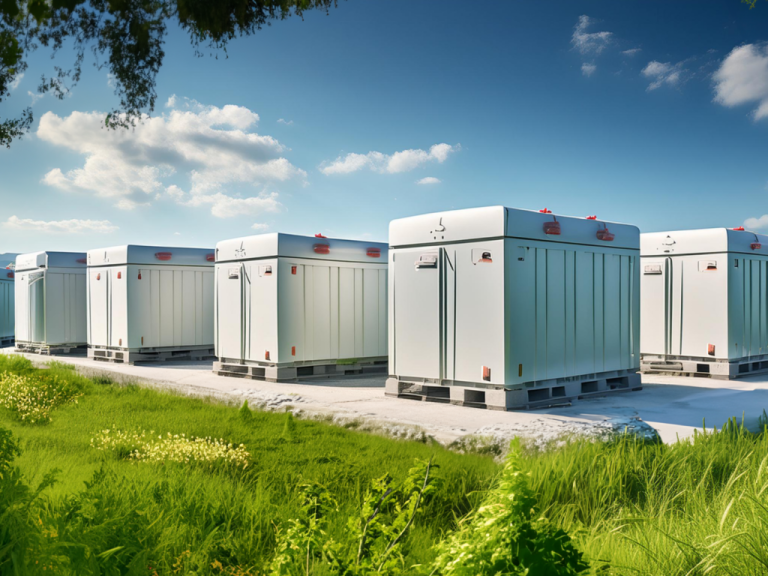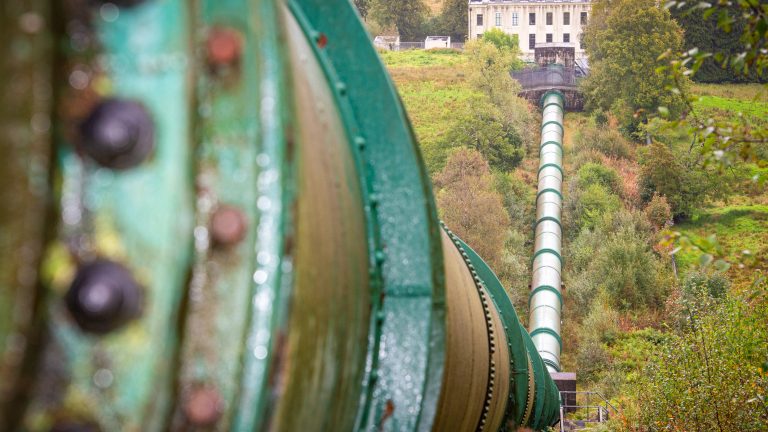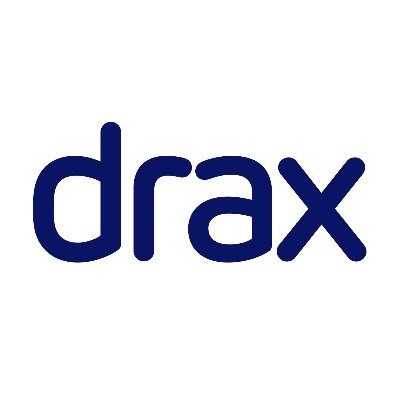Drax Group (LON:DRX) has again demonstrated its operational strength and strategic clarity, as outlined in a new research note by Longspur Research. Despite a challenging pricing environment, the company’s interim results for the first half of 2025 reflect steady progress and strong fundamentals, particularly in its biomass generation and pellets business.
Longspur Research analyst Adam Forsyth highlights that “Drax’s interim results show good volumes in biomass generation and the pellets business which also saw a good increase in EBITDA.” The report notes that although adjusted EBITDA fell slightly to £460 million from £515 million the previous year, the operational momentum remains positive, underpinned by an increase in biomass and pellet output.
The pelleting operations benefited significantly from the full-scale running of the Aliceville facility. Pellet volumes rose by 5%, with EBITDA in this segment climbing from £65 million to £74 million. The FlexGen (flexible generation) business also held firm, though some short-term impact was felt from upgrading work at the Cruachan pumped hydro site, resulting in FlexGen EBITDA easing to £64 million from £76 million.
Importantly, the company’s financial guidance for the full year remains unchanged. Drax has now hedged an additional 1.4 terawatt hours at £102 per megawatt-hour since May, which helps mitigate ongoing pricing pressures. “Our headline EBITDA remains unchanged although we have made some adjustments notably to update for the share buyback programme to date,” Forsyth notes, adding that Longspur’s central case valuation has been raised from 996p to 1,063p.
Drax also reaffirmed its robust financial standing with net debt to adjusted EBITDA at a healthy 1.1x. In line with its capital return strategy, the group has launched a new £450 million share buyback programme, following the successful completion of its existing £300 million initiative. This move is timed ahead of the expected working capital release from the Renewable Obligation Certificates (ROC) programme as Drax transitions to the new bridging mechanism supporting biomass operations from 2027 to 2031.
Full-Year and Operational Highlights
- H1 2025 adjusted EBITDA: £460 million
- Pellet production EBITDA: £74 million (up from £65 million)
- FlexGen EBITDA: £64 million (down from £76 million due to upgrade works)
- Net debt to EBITDA: 1.1x
- New buyback programme: £450 million
- 1.4TWh hedged at £102/MWh since May
- Central case valuation: 1,063p per share
Looking forward, Drax continues to explore growth avenues, including more than 1GW of data centre capacity potential at its power station site in North Yorkshire. The location offers key advantages including power supply, cooling and water abstraction, and the company is actively participating in proposals for the North Yorkshire AI growth zone. Battery storage opportunities are also under consideration.
On a Final Note
Drax’s consistent execution and operational stability place it in a strong position to navigate the ongoing energy transition. As highlighted by Adam Forsyth, the bridging mechanism for biomass generation from 2027 provides visibility for long-term planning and investment. With a resilient business model and a proactive approach to shareholder returns, Drax remains a key player in the UK’s renewable energy landscape.







































